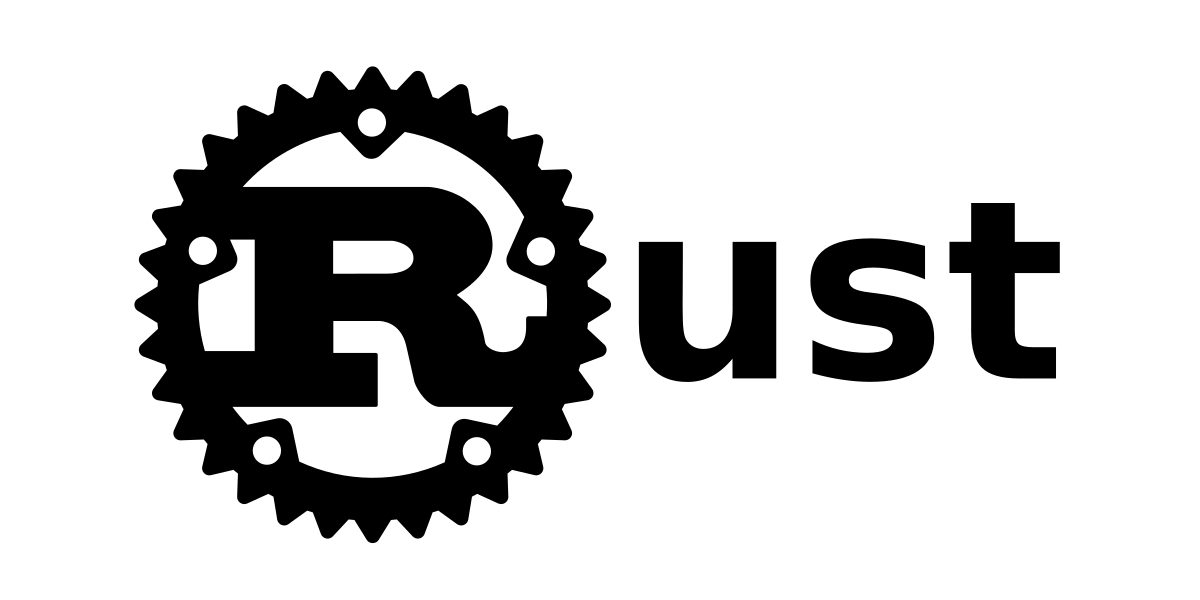How to Hire a Rust Developer
Rust is a programming language designed to write faster, more robust software. It was created to provide a balance between high level ergonomics and lower level control, so that developers can manage details like memory usage without the headaches that come with traditional control.
According to the GITNUX Market Data Report 2024, 430 companies reportedly use Rust in their tech stacks, highlighting its adoption by large-scale businesses. The language's growing presence in industry giants like Amazon, Google, Mozilla, and Cloudflare is indicative of its position as a preferred choice for building robust and secure software systems. Another source states that teams using the Rust programming language see fewer system crashes. They report a 30% drop in crashes and a 20% boost in software speed.
So it makes all the more sense to hire a skilled Rust developer for your team, as they can significantly power your business growth. It is, however, not that easy to find experienced Rust developers due to high demand. We’re here to help you out with that.

What are the responsibilities of a Rust developer?
A Rust developer is key in making software that's both powerful and reliable. They handle many tasks from start to finish, making sure the code is top-notch. Knowing what a Rust developer does will help you see what skills and experience they need and enable you to pick the right professional for the role.
In a nutshell, here’s are the responsibilities Rust developers are entrusted with:
Design and software development: Rust developers should be able to design and develop software systems written in the Rust programming language. This includes creating technical specifications and writing code. They should also be able to work with object-oriented programming concepts, including classes, objects, inheritance, and polymorphism. This experience is essential for designing and developing complex software systems.
Maintain code: They are responsible for maintaining and improving existing Rust codebases. This includes updating code and ensuring that the software remains up-to-date and functional.
Test and debug software: Testing and debugging software is an important part of the development process and Rust developers should be doing it. This involves verifying programs, identifying issues, and resolving them to ensure the software functions correctly.
Create technical documentation: Developers are often required to create technical documentation for the software they develop. This documentation helps users understand the software, troubleshoot issues, and maintain the codebase effectively.
Improve software performance: They are required to evaluate and improve the performance of software written in Rust. This involves analyzing performance metrics, identifying performance bottlenecks, and implementing performance optimizations.
Incorporate user feedback: They should be able to respond to user feedback and ideate solutions to user issues. This involves listening to user feedback, identifying common issues, and implementing solutions that address user needs.
Verification and deployment: Rust developers are responsible for verifying programs and systems and deploying them. This involves testing software, ensuring that it meets project requirements, and deploying it to production environments.
Follow Rust best practices: Rust developers should be familiar with Rust development tools and frameworks, such as Cargo, Rustfmt, Clippy, and Rust Analyzer. They should also be able to work independently and as part of a team.
Follow secure coding practices: They should follow secure coding practices to ensure the safety and security of the software or systems that they develop. This includes implementing secure coding practices and measures to protect the software from vulnerabilities and threats.
Where to find your next Rust Developer
Finding a skilled Rust developer means looking in many places. There are lots of options to help you find the best people but a lot of where you finally end up has to do with the urgency of filling a role as well as the budget and timeline associated with it.
Looking on traditional job sites is a common first step. You could go to some place like LinkedIn and use their search bar with keywords like “Rust developer” or save your time and go to a specific Web3 talent board that lists down just blockchain professionals across tech and non-tech roles.
If you have more time to browse, online groups and forums around Rust are great for meeting developers. Reddit, Stack Overflow, and Discord host active developer communities. Participating in these places can lead you to skilled Rust developers who love what they do. Moreover, many Rust developers work on open-source projects so you can take a look at GitHub, GitLab, and Bitbucket for impressive Rust work. Then, reach out to these builders to see if they’re interested in your project.
Using these methods boosts your chances of finding talented Rust developers that are a perfect fit for the role you offer as well as for your company.
Questions to ask when hiring Rust Developers
During the interview process, asking the right questions is key to finding qualified Rust developers. Here are some important questions that will help you check the candidate’s technical skills, how they solve problems, and if they fit well with your team.

Can you provide examples of your previous experience working with Rust?
The purpose of this question is to assess the level of expertise and practical problem-solving skills of the interviewee. It's helpful to ask for examples of their Rust projects as it will go to show their expertise and how they've used Rust in real-world solutions. In the same answer you can look for their understanding of Rust's features and project success stories.
How do you approach debugging and resolving issues in Rust code?
The purpose of this question is to evaluate their problem-solving techniques and familiarity with Rust-specific debugging tools. Debugging Rust code can be tough due to its strict rules. Candidates should explain their debugging strategies. Focus on their experience with Rust's compile errors and memory issues.
What is Cargo in Rust?
The purpose of this question is to assess the candidate's familiarity with Rust's package manager. An ideal answer would include the candidate telling you that Cargo is Rust's package manager for managing Rust projects and how it allows for building code, downloading libraries, and rebuilding libraries.
Are you familiar with Rust's concurrency and parallelism features?
The purpose of this question is to test their understanding and experience in designing concurrent and parallel systems in Rust. Rust has great tools for safe, efficient multi-tasking. Ask about their knowledge of threading, channels, and async/await. Their experience in designing and testing with these features in Rust is important and should make up part of their answer.
How do you ensure code safety and reliability in Rust?
The purpose of this question is to assess their knowledge of Rust's safety guarantees and prioritization of writing secure and bug-free code. Rust emphasizes writing code that's secure and runs well. Inquire about the candidate’s use of Rust's safety features, like ownership and lifetimes. Their commitment to safe, reliable coding practices matters.
How does Rust's ownership model work?
The purpose of this question is to evaluate the candidate's understanding of Rust's unique ownership and borrowing system. The candidate should be able to tell you that Rust uses a static garbage collector that uses automated memory management so that memory that is no longer in use is released. A single reference, or variable, owns each memory segment. If the variable is out of scope and unavailable, the ownership is transferred to another variable, or the memory is released.
What is the difference between "Vec" and "Array" in Rust?
The purpose of this question is to test the candidate's understanding of Rust's data structures. The answer to this question would include the following: "Vec" is a growable array, while "Array" is a fixed-size array. "Vec" is implemented as a dynamic array, which means it can grow or shrink as needed, while "Array" has a fixed size that is determined at compile time.
How do you stay updated on the latest developments in the Rust ecosystem?
The purpose of this question is to evaluate the candidate’s engagement with the Rust community and also see if they have a habit of continuous learning. Rust is constantly growing. A skilled developer keeps up with new features and practices. As hiring managers, you should look for Rust developers who engage with the Rust community, contribute to open-source, or explore new resources regularly.
How do you collaborate and communicate within a team?
The purpose of this question is to assess the candidate’s communication skills and ability to work effectively in a team environment. Good teamwork is crucial for software development. Ask about their teamwork skills, how they communicate, and adapt to team dynamics. You should ideally seek out candidates with strong communication skills who are able to enhance teamwork.
Remember, the company or project’s success depends on the hires you make so take your time. Make sure the person fits your company's vision and goals. We hope this was enough to help you hire a Rust Developer. You can scroll up to the top of the page to explore and hire some of the top Rust Developers available for work.




































